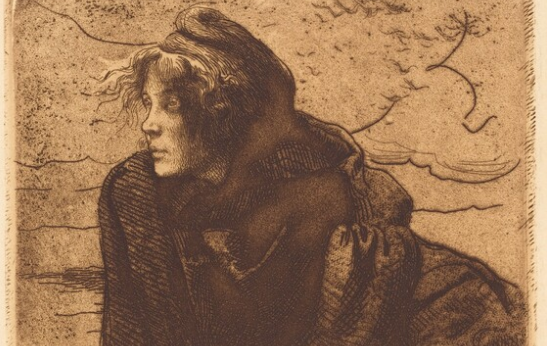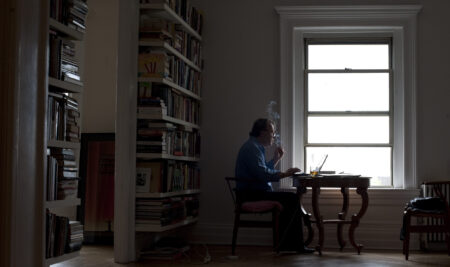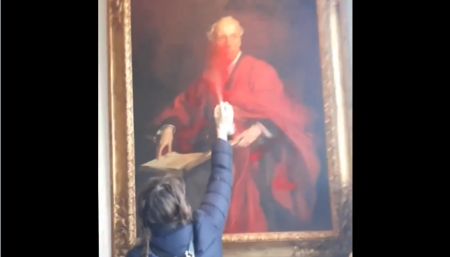There’s an old photo of my junior high school football team with me, the one with the dorky glasses, in the back row. The adult close to me is Coach Hammer, the shop teacher. Yes, Hammer was his real name, yeah, it’s still funny. He was a good teacher and coach, fair, even-tempered. I recently learned he was a Korean War combat vet—he never mentioned it—and just passed away a few years ago.
Then there’s Ron (not his real name), the kid I bullied, near the front. In an age of apologies and reparations, his image begs an answer: What do you do about the past?
After the calm of junior high, football at my high school meant being bullied by the varsity. If you were lucky they only stole your lunch and made you embarrass yourself singing love songs and pop hits to the group. Sometimes they took away your water on hot days—water during practice was rationed in this era, to toughen us up. It went on when coaches less decent than Mr. Hammer would mysteriously disappear during breaks. Adult teachers with clear responsibility to stop it, but who did nothing but encourage it, calling it initiation. To toughen us up.
While a very few guys quit the team because of this, most just endured, some sought empty relief bullying others. I was in that last group, mercilessly teasing Ron. I was cruel in a way I wish I hated then the way I hate it now. He was an easy target who, I thought years ago, was a way for me to feel better. I couldn’t beat up the varsity football team who humiliated me, so Ron was their surrogate. Nothing I have done before or after makes me more ashamed.
The worst initiation the older kids had was making us fight each other with tackling dummies and heavy canvas bags, like so many suburban gladiators. If the big kids did not think we were fighting enthusiastically enough they would step in and continue the assault themselves. It was worse when the bags were wet and heavy.
One pointlessly humid Ohio day I was told to choose my opponent. Usually you picked a buddy with the unspoken understanding the two of you would take it easy on each other. Instead I chose Ron. Ron had stopped growing sooner than most of us. He had a big heart but wasn’t much of a fighter. Ron thought I was enough of his friend to take it easy. But I did not. Something broke inside me like a summer thunderstorm.
When Ron went down I kept hitting him, with blood splattering such that even the animals running the initiation stopped me. I was never made to fight again. Ron quit the team; his dad had to pick him up for a humiliating ride home. The season ended in exhaustion and I never again played a team sport—my apolitical red-pill moment. I’ve had no contact with Ron since.
Google found him. It looks like he’s a lawyer, made partner. He’s married. His firm’s website lists a phone number that even now stares at me.
What do you do with the past? Do I call him, apologize, offer some sort of reparation, donate money to some anti-bullying group? Would he want that, would he accept that, would a check help? Does he remember me, or was I just another forgettable part of high school that got discarded when he went on to his good college and his better law school? Does he live with what he can’t get past? Facebook suggests he has sons.
What would he say to an apology? Would he falsely but graciously accept whatever I said and get off the phone to tell his wife? (“Honey, you’ll never guess the odd call I got today…”) Would he listen to me a moment and then uncork decades of anger and resentment, telling me how I hurt him not only that day but forever, that these things don’t go away? Am I one of his ghosts as he is one of mine?
I talked to a psychiatrist friend, who explained the concept of amends for alcoholics. Making amends is one of the last of the twelve steps toward recovery, with the premise that “we may stop causing any more harm but that is not the same as repairing the damage we have already caused.” I may have become a better man than I was on that damned football team, but I have done nothing to repair the damage I did to Ron.
You start making amends by asking permission of the person you harmed. You acknowledge this is to help yourself, that you alone bear responsibility. My excuse—I bullied because I was bullied—is too easy for this task. Some things are always wrong and I should have known that, whether society or those coaches said it was OK. It is as weak as my tormentors claiming the initiations were all part of toughening us up.
Amends demands I not make any excuses. I should ask for forgiveness, but with no apologies and no remorseful mumbling. If Ron is unable to forgive me, it is my burden. Some debts take a long time to repay, maybe forever. Ron is at least still around; it would seem shallow to do something very public for his kids, or theirs so many years later.
The point of amends is asking my victim to help me. It is not about disguising my guilt as an apology. That is what separates amends from something like reparations, where it is only the victim who benefits, usually monetarily. There may be a place for that, but it is not an answer to the question of what you do with the past.
Read the full article here














